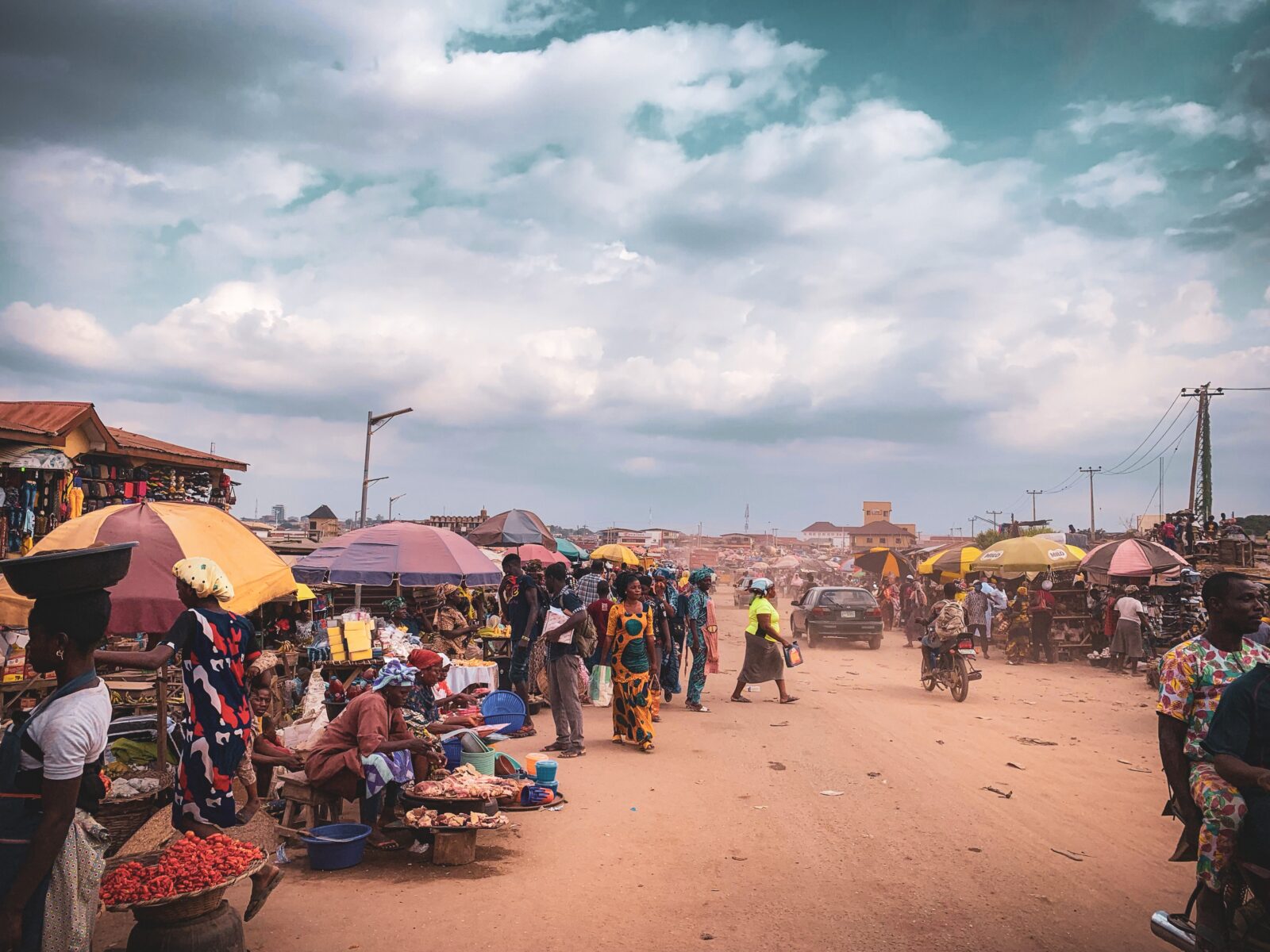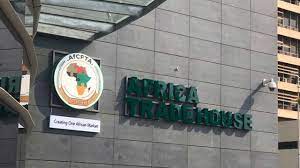The African Development Bank Group (AfDB) has approved a $2.5 million grant to support 10,000 small horticultural businesses in Tanzania, which will be sourced from the Global Agriculture & Food Security Program. The primary aim of this financial support is to enhance the production and marketing of horticultural products as a response to the challenges posed by the COVID-19 pandemic. Additionally, it intends to promote climate consultancy services and improve post-harvest management practices.
The grant will also be used to establish at least five climate-resilient facilities for sorting, classifying, bulk packing, packaging, and storing horticultural products. This initiative is designed to reduce losses that occur after the harvest. Part of the project involves setting up a climate-resilient processing facility for spices in the Morogoro district, located in the eastern part of Tanzania.
In essence, this project aims to help small horticultural businesses in Tanzania become more efficient in their agricultural activities. By doing so, it is expected to significantly increase the volume and quality of their products while minimizing the impact of post-harvest losses and addressing the challenges brought about by the COVID-19 pandemic.
The primary objective of this financial support is to strengthen the horticultural industry in Tanzania. Horticulture encompasses the cultivation of fruits, vegetables, flowers, and other high-value crops. These products are not only important for local consumption but are also crucial for export, contributing to the country’s economy. However, the sector has faced various challenges, and the COVID-19 pandemic exacerbated these issues. This grant aims to address some of these challenges.
One of the key areas of focus is to enhance the production and marketing of horticultural products. Small horticultural businesses often face difficulties in reaching markets and ensuring the quality and safety of their produce. The grant will provide these businesses with the necessary resources and support to improve their production and distribution processes.
Another critical aspect of this initiative is the promotion of climate consultancy services. Agriculture is highly dependent on weather and climate conditions. By providing climate-related advice and guidance, the project aims to help these businesses adapt to changing weather patterns and reduce risks associated with climate change.
Post-harvest management is also a significant concern for horticultural businesses. The grant will support activities aimed at reducing post-harvest losses. By establishing climate-resilient facilities for sorting, classification, bulk packing, packaging, and storage, the project seeks to ensure that a larger portion of the harvest reaches the market in a saleable condition. Post-harvest losses can be a substantial financial burden on small businesses, and mitigating these losses is critical for their sustainability.
Furthermore, the project envisions the establishment of a climate-resilient processing facility for spices in the Morogoro district. This facility would not only add value to the horticultural products but also create employment opportunities and stimulate economic development in the region.
In summary, the AfDB’s grant is a comprehensive effort to support small horticultural businesses in Tanzania. It addresses various aspects of their operations, from production to marketing, and aims to make these businesses more resilient in the face of climate challenges and the ongoing impacts of the COVID-19 pandemic. By doing so, it not only contributes to the economic growth of Tanzania but also empowers small entrepreneurs in the horticultural sector, ultimately improving the livelihoods of many in the region.www.zawya.com














Leave a Reply